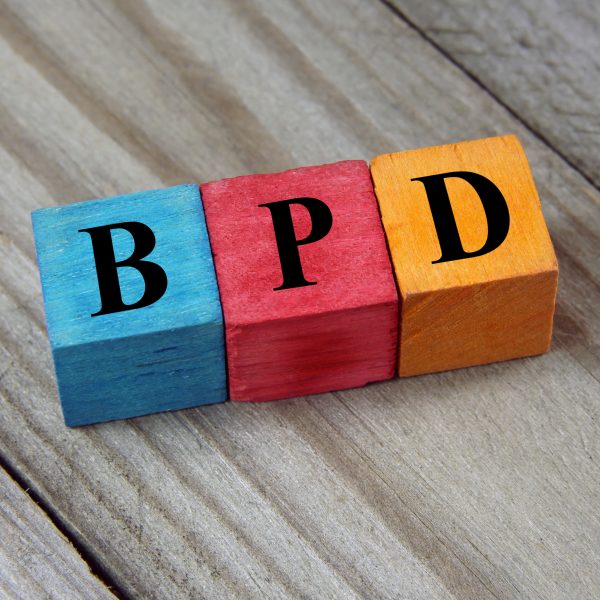

What is Borderline Personality Disorder?
Borderline Personality disorder (BPD) is a personality disorder that affects a person’s ability to regulate their thoughts and behaviors. In order to be diagnosed with BPD you have to meet some or all of the following criteria:
- Impulsive behaviors
- Risky behaviors
- Poor relationship skills
- Self-destructive behaviors
- Intense anger
- Mood swings that are unmanageable
- Grandiose thinking
- Thoughts of suicide
- Social isolation
- Lack of personal identify
- Intense fear of abandonment
- Difficulty maintaining relationships
- Feelings of general discontent
BPD can be caused by environmental, social and cultural factors. However, it is important to note that most people diagnosed with BPD have reported a history of trauma, abuse or major abandonment. There have also been studies that have shown a genetic correlation to BPD Diagnosis.
How does borderline personality disorder affect relationships?
People with BPD often lack an ability to maintain healthy relationships. People with BPD have an intense fear of abandonment, which makes them hyper sensitive in their relationships. They commonly feel like they are inadequate or not good enough, and will come up with ways to validate these irrational thoughts. Since BPD individuals have difficulty regulating their emotions, disagreements or fights in a relationship will be taken to the extreme. BPD individuals are also quick to push others away and cut people out of their life due to their fear of abandonment.
How can you support a significant other with borderline personality disorder?
EDUCATION. BPD is often times very misunderstood. It is crucial that family and friends read about the disorder and educate themselves on what BPD is. Family therapy and support groups can also help support the entire family system.
What are some do’s and don’ts when it comes to being in a relationship with someone who has borderline personality disorder?
DO:
Openly talk about the disorder and how it negatively impacts the relationship
Explore how the disorder impacts both individuals in the relationship
Gain education and attend support groups or therapy together
Come up with a plan or strategy on how to address the negative impact of BPD on the relationship
Acknowledge that a healthy relationship is possible
DON’T
Give up on the relationship
Blame the person who is struggling with BPD
Don’t place shame or guilt on BPD individual
Use the Disorder as a scape-goat to all of your problems
Sweep the disorder under the rug
What are some signs you might have borderline personality disorder?
Inability to maintain relationships
Unable to maintain a stable job
All emotions feel unmanageable
Engaging in risky behaviors such as: self harm, unprotected sex, dangerous drug use
Drinking excessively, binging or purging behaviors
Struggling with personal identity
Pattern of pushing others away
Intense fear of being abandoned
BPD can be a complicated diagnosis but is very treatable when a person is motivated and willing to work on their symptoms. Dialectical Behavior Therapy (DBT) has been proven to be very effective in treating BPD individuals. Family therapy and support groups are also a beneficial way to address how the disorder is effecting family members and loved ones.
